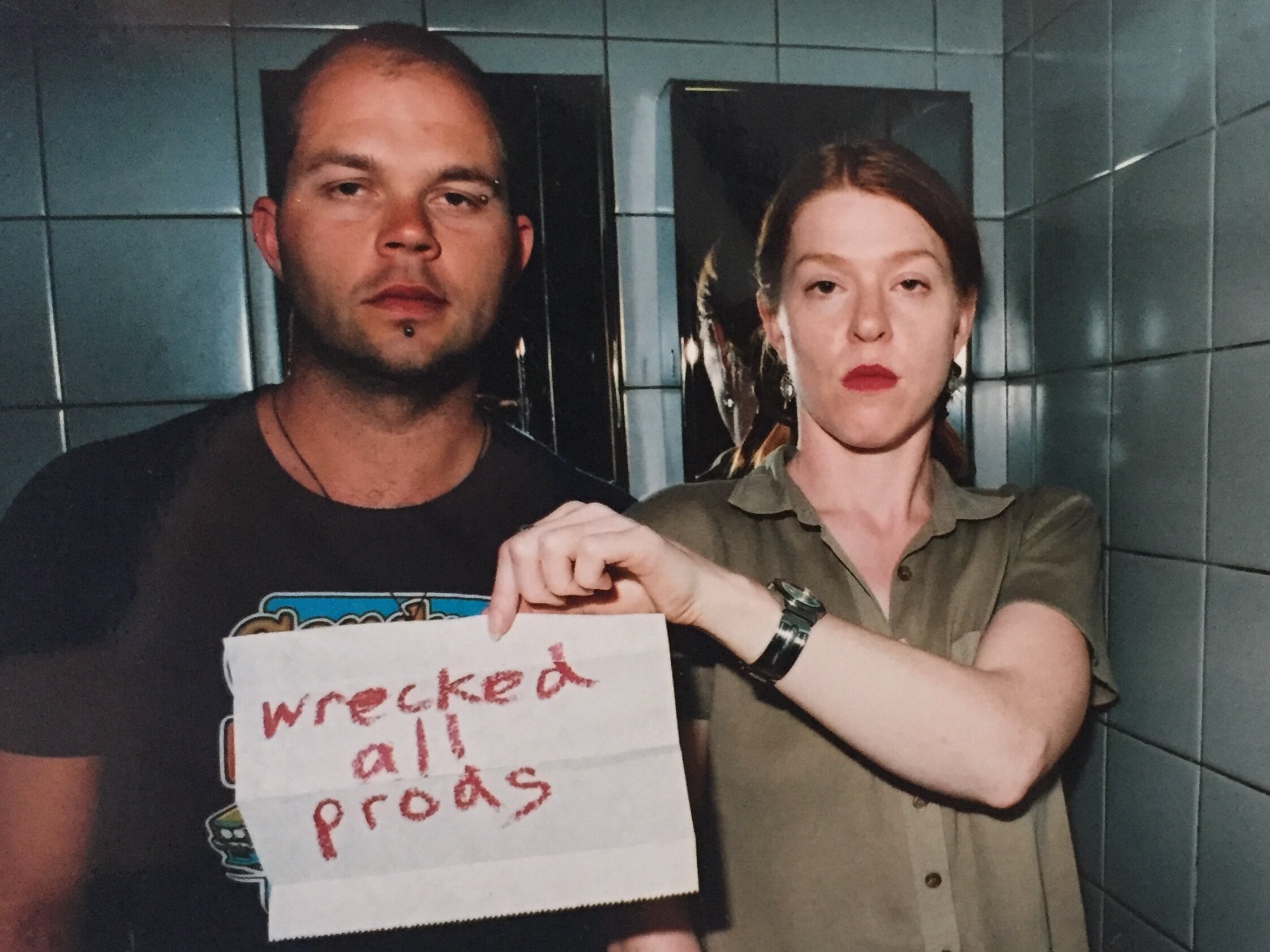Meet Alyson Campbell, Associate Professor in Theatre at the University of Melbourne

Associate Professor in Theatre Alyson Campbell is a freelance director and dramaturg with an astounding 30-year career, and teaching credits that feature the School of Creative Arts, the University of Melbourne, Queen's University Belfast and Brunel University, London. She's also a self-confessed "hack nutritionist" and proponent of saying "I don't know". We talk to Alyson about what makes a dramaturg.
Hi Alyson, in a few sentences can you tell us about who you are and what you stand for?
I am a queer-identifying director and dramaturg. I have collaborated closely with Sydney playwright Lachlan Philpott since our production of his play Bison in 2000, when we created queer assemblage wreckedALLprods. Our works together include The Trouble with Harry, Colder, Catapult, GL RY and Cake Daddy.
My research, teaching and activism focuses on gender and sexuality, particularly queer dramaturgies and HIV and AIDS in performance, and I now like to write about what I call feral pedagogies and am passionate about a creative project, "Feral Queer Camping". Feral Queer Camping involves taking conversations about queer performance or dramaturgy out of formal academic institutions to queer festivals and theatremakers.
Is there a philosophy or piece of advice that has held you in good stead throughout your career?
I think this is likely more lateral in the form of working with the brilliant queer auteur Reza Abdoh in Los Angeles in the early 90s. From him I learnt just about everything I know about theatre, and particularly what I’d call a dramaturgy of affect, which comes through rhythm, poetic devices and the organisation and arrangement of bodies, light, sound and text.
But perhaps one thing I’ve really learnt to embrace over the past five years or so is to say "I don’t know". That’s such an exciting place to be! I really encourage this in all my teaching and practice. There’s nothing more destructive to art-making or to learning than thinking we do know.
In your opinion, what’s the best thing about working at the VCA?
Ha. Well. Undoubtedly the people – both students and colleagues. And the amazing opportunities we have, being part of such a creative community.
What makes a good dramaturgy student?
We have had great dramaturgy students from a wide range of backgrounds, including filmmaking, music composing, stage management, lighting design and dance, as well as more directly "theatre" paths. What makes a "good" dramaturgy student is a love of looking at how things work: finding patterns, seeing possibilities, being open to new forms and ideas, and being in a creative process with other people. They also enrich the experience of theatre by thinking deeply about it and then love to communicate ideas with audiences – above all, they want to know what a performance is doing in dialogue with the world around it.
Can you complete this sentence with some explanation: If I wasn’t working in theatre ...
These days I’d probably be a cook. Like dramaturgy, cooking is about a set of ingredients and how you arrange and compose them, but you get to eat and, importantly for me, have an impact on the ecology of how we eat sustainably. I’m also a hack nutritionist obsessed with the gut microbiome! I would really happily work on a seaweed farm.
What excites you about your field?
What excites me particularly is the thoughtfulness that is part of a dramaturgical consciousness. It’s often a "slow" process of research, rumination and questioning, and the excitement is in discovering new forms and collaborators who make your heart sing a little and help you work out what it means to be alive now.